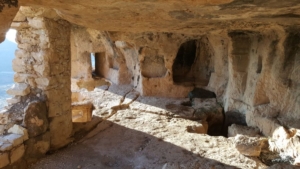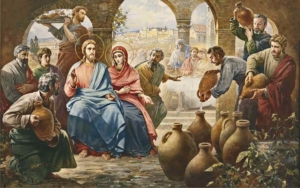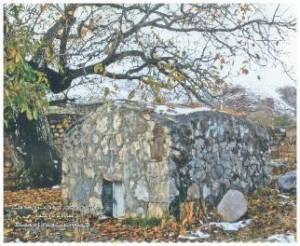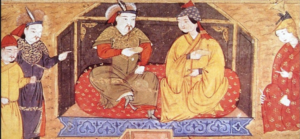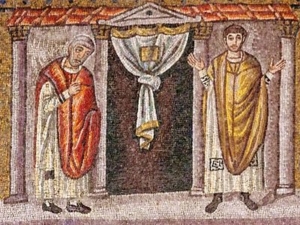when we gaze in. . .
When we gaze in unbounded admiration on that ineffable mercy of His, which with unwearied patience endures countless sins which are every moment being committed under His very eyes, or the call with which from no antecedent merits of ours, but by the free grace of His pity He receives us;”
― Conferences of John Cassian
